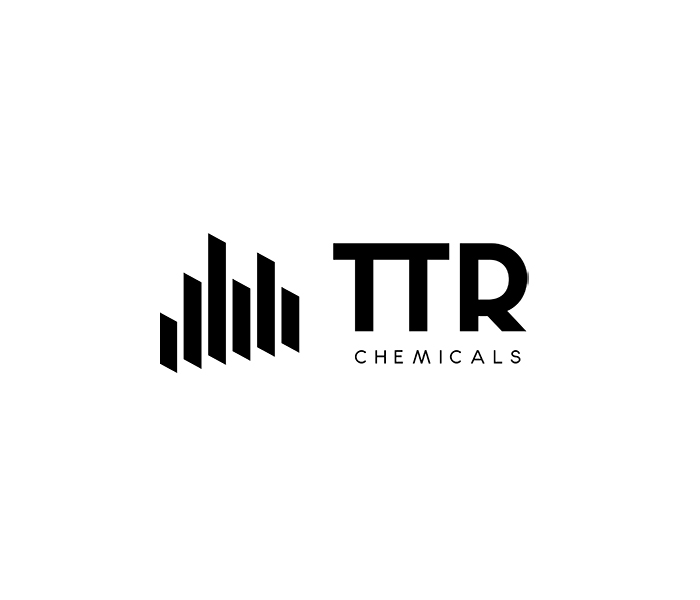macro-synthetic-fiber
Kapatmak için tıklayınız

Request Form
Macro Synthetic Fiber Usage Areas
TTfibeR is a high quality, pure polymer based, synthetic fibre concrete reinforcement, is being produced with new generation technologies. TTfibeR increases the splitting tensile strength and cracking control effectiveness since its unique engineered design, high modulus value and homogeneous three dimensional distribution in concrete matrix.
TTfibeR can be used instead of steel reinforcement materials such as steel mesh and steel fibre due to its exceeding characteristic properties.
TTfibeR provides cost and time savings compared to steel reinforcement materials and comes to the fore with user-friendly aspects.
ADVANTAGES
- Efficient shrinkage and structural cracking control
- Higher splitting tensile strength due to homogeneous and 3D distribution
- Superior strength against to structural and service loads compared to steel materials
- Safe, Fast and Affordable application
- Excellent corrosion resistance
- Low Carbon Emissions
APPLICATION LOCATIONS
- Slab-on-ground concrete
- Industrial Floors
- Dams, Airports, Highways and Bridges
- Precast Concrete
- Concrete Roads
- Shotcrete Applications
- Tunnels and Mines
TECHNICIAL SPECIFICATIONS
| Material | 100% Pure PP/Copolymer |
| Length | 54 mm |
| Intensity | 0.91 g/cm3 |
| Tensile Strength | 600 - 700 MPa |
| Modulus of Elasticity | 7.0 - 9.0 GPa |
| Acid - Alkali Resistance | Excellent |
| Melting point | 165 °C |
| Combustion Point | >380 °C |
| Water Absorption | 0 |
| Standard | EN 14889-2 Part 2 ASTM C 1116 |
APPLICATION RECOMMENDATIONS
Packaged in specially designed packages, TTfibeR is added to 1 m3 of concrete at rates varying between 1-7 kg, depending on the surface to be applied.
TTfibeR is added to the concrete mixer during the concrete production process in power plants or in the application area to obtain the appropriate mixture.
Macro Synthetic Fiber Usage Areas
TTfibeR is a high quality, pure polymer based, synthetic fibre concrete reinforcement, is being produced with new generation technologies. TTfibeR increases the splitting tensile strength and cracking control effectiveness since its unique engineered design, high modulus value and homogeneous three dimensional distribution in concrete matrix.
TTfibeR can be used instead of steel reinforcement materials such as steel mesh and steel fibre due to its exceeding characteristic properties.
TTfibeR provides cost and time savings compared to steel reinforcement materials and comes to the fore with user-friendly aspects.
ADVANTAGES
- Efficient shrinkage and structural cracking control
- Higher splitting tensile strength due to homogeneous and 3D distribution
- Superior strength against to structural and service loads compared to steel materials
- Safe, Fast and Affordable application
- Excellent corrosion resistance
- Low Carbon Emissions
APPLICATION LOCATIONS
- Slab-on-ground concrete
- Industrial Floors
- Dams, Airports, Highways and Bridges
- Precast Concrete
- Concrete Roads
- Shotcrete Applications
- Tunnels and Mines
TECHNICIAL SPECIFICATIONS
| Material | 100% Pure PP/Copolymer |
| Length | 54 mm |
| Intensity | 0.91 g/cm3 |
| Tensile Strength | 600 - 700 MPa |
| Modulus of Elasticity | 7.0 - 9.0 GPa |
| Acid - Alkali Resistance | Excellent |
| Melting point | 165 °C |
| Combustion Point | >380 °C |
| Water Absorption | 0 |
| Standard | EN 14889-2 Part 2 ASTM C 1116 |
APPLICATION RECOMMENDATIONS
Packaged in specially designed packages, TTfibeR is added to 1 m3 of concrete at rates varying between 1-7 kg, depending on the surface to be applied.
TTfibeR is added to the concrete mixer during the concrete production process in power plants or in the application area to obtain the appropriate mixture.